Chelsea Craig and Dr. Anthony Craig on Indigenous Ways of Knowing and Leading
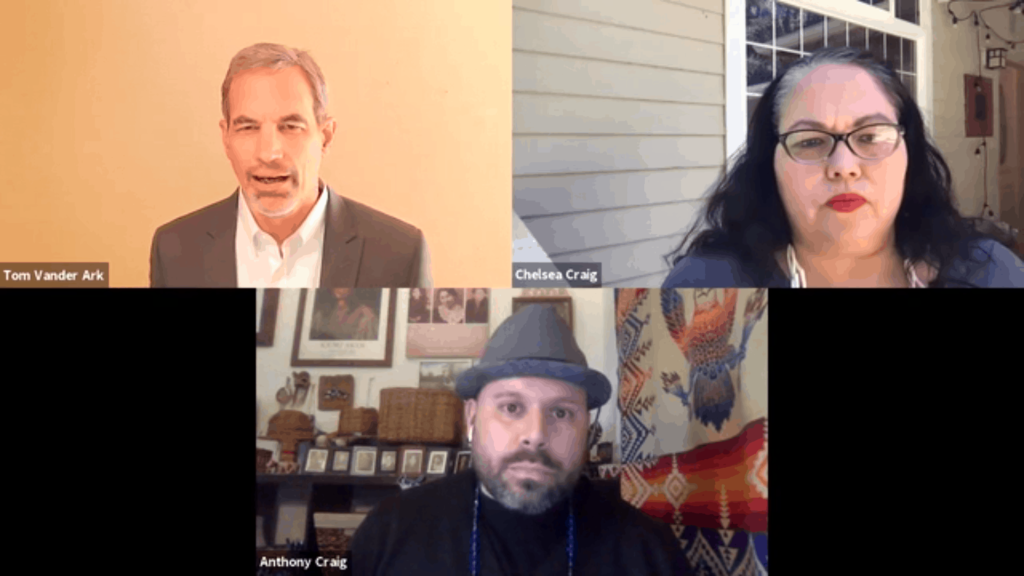
This episode of the Getting Smart Podcast is sponsored by What If?
On this episode of the Getting Smart Podcast, Tom speaks with Anthony and Chelsea Craig, leaders in the state of Washington and advocates for indigenous ways of life and leading.
Dr. Anthony Craig has served as a teacher, teacher leader, principal, and central office administrator in suburban and reservation settings in Washington state. He is a Professor of Practice, Educational Leadership & Policy Studies at the University of Washington’s College of Education where he directs the Leadership for Learning program. He is a member of the Yakama Nation.
Chelsea Craig is a member of the Tulalip Tribes and has spent her career serving as a teacher at Tulalip Elementary. Her experiences include being the school librarian, teaching 2nd and 3rd grade and most recently as the Cultural Specialist for Quil Ceda Tulalip Elementary.
Let’s listen in as Tom discusses the current sense of mutuality, sustainability and what the modern world can learn from the wisdom of indigenous practices.
Anthony was raised in a family that was involved in education in various ways — from educators to bus mechanics, he was very familiar with the value and promise of education. Over time, he realized that education was his calling and he began to ask himself a driving question: “What could we make this schooling experience be for our people given the violent history of education within tribes and indigenous people”
“You have to bring it as far as you can and set people up. Sometimes it’s actions and sometimes it’s dreams that we have. What can we accomplish if we dream it forward? If we do the work that sets it up.”
Chelsea, came to the work in a similar, yet different, way. Her goal has long been to “liberate the soul of her grandmother” which manifests by her occupying the unique space of both interrupter and healer. Chelsea works at Quil Ceda Tulalip Elementary, a place that “actively works to change the story of education for the Tulalip community while working towards healing and decolonizing educational practices that will continue to empower and motivate every member to learn, grow, and promote our students to be safe, healthy, and positive within the community.”
This work seeks to adapt and alter the formal structures that were built by leaders of a distant community. It’s about reclaiming space — decolonizing educational practices. Chelsea shared that this happens during their morning assembly, a period where the school gathers to sing a traditional song.
Together, they are a part of a growing group of leaders who are working to center the indigenous ways of leading. This leadership style stems from sitting at the feet of elders and understanding the importance of community. It is also a hopeful pursuit, “you already have ways forward”. They referenced Linda Smith’s Decolonizing Methodologies and the “leave no spaces neutral” approach.
Anthony believes that it is necessary to acknowledge that there will be different answers to ‘what is the purpose of education?’ “Diversity is really about power and beauty that comes with all of these ancestral traditions that we move with, seen or unseen […] to me, school is for liberation from settler colonialism. It’s for power/empowerment and seeking beautiful life for all sorts of people. And no longer maintaining the hierarchy that undeniably places white men at the top of the settler-colonial pyramid.”
Chelsea also reflected about the Quil Ceda Tulalip Resiliency Framework, which is centered around the medicine wheel.
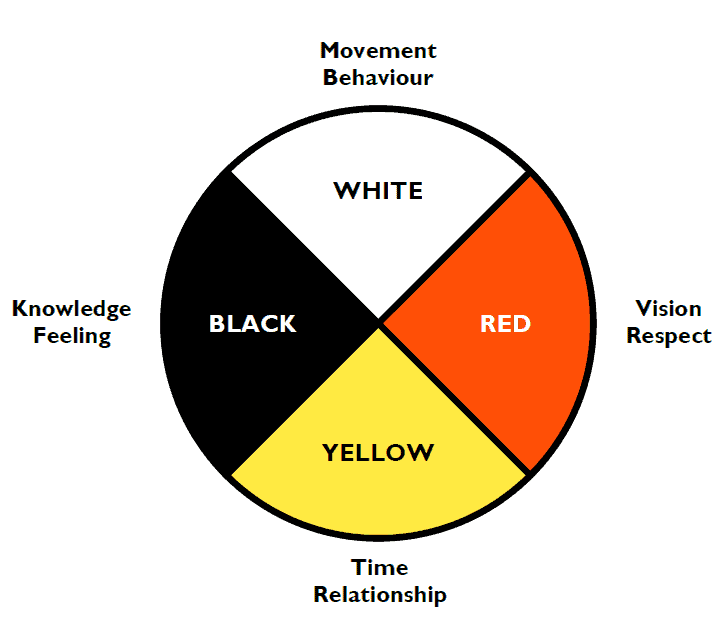
Currently, Anthony leads the Leadership for Learning (Ed.D.) Program at the University of Washington, which is dedicated to producing innovative, equity-focused systems leaders. He says schools better reflect the community they serve when leaders “Show up and [start] being an insider… also an honest commitment and ethic around getting to know elders and young people. Who are the people you have in mind when you write/enact a policy?”
When asked how they keep learning, Chelsea shared that she centers on what her ancestors bring to the table. and focuses on the fact that there are teachings all around us. She also emphasized, “keep listening.”
Anthony continues to learn from his students, citing the importance of relationships and “paying attention to them even when they aren’t on the class roster.”
He is also trying to learn his tribe’s language, “to be a learner of something they tried to erase through schools.”
“School is not about the achievement of individuals, it’s about the potential for a beautiful life. Not what do I get out of it, but what do we get out of it?”
Links




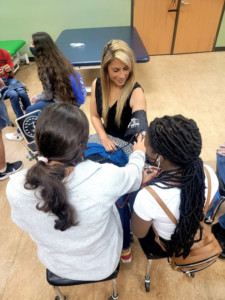
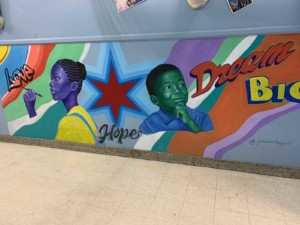

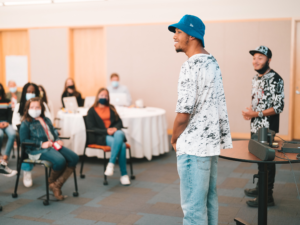
0 Comments
Leave a Comment
Your email address will not be published. All fields are required.